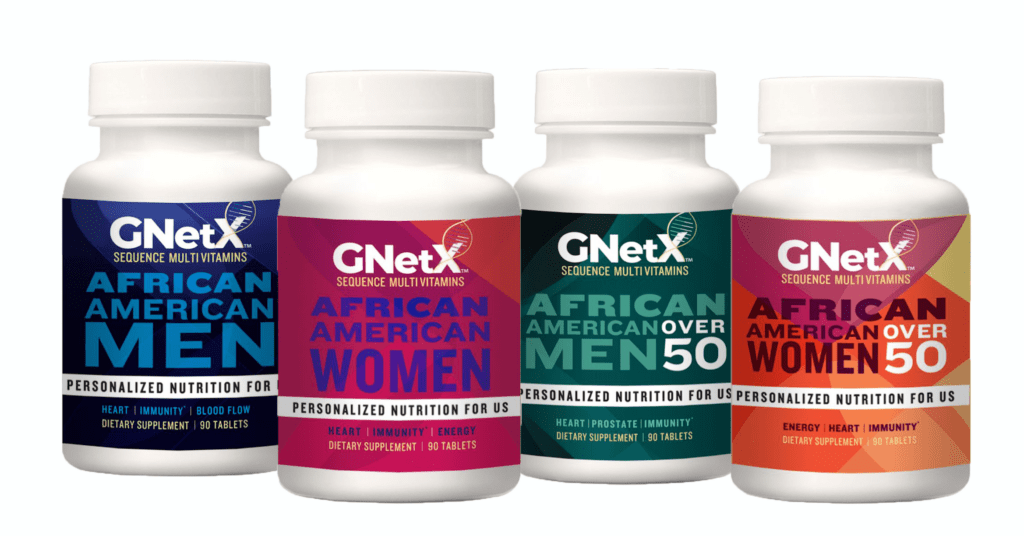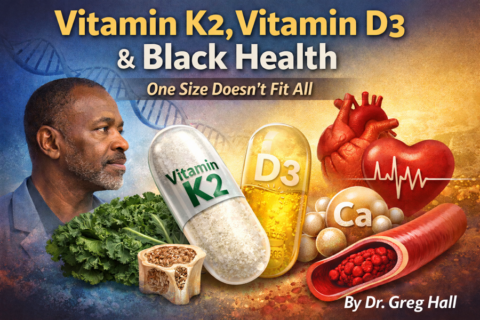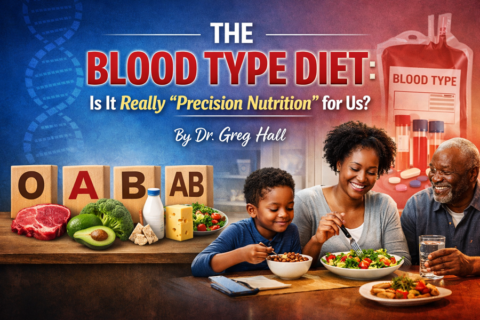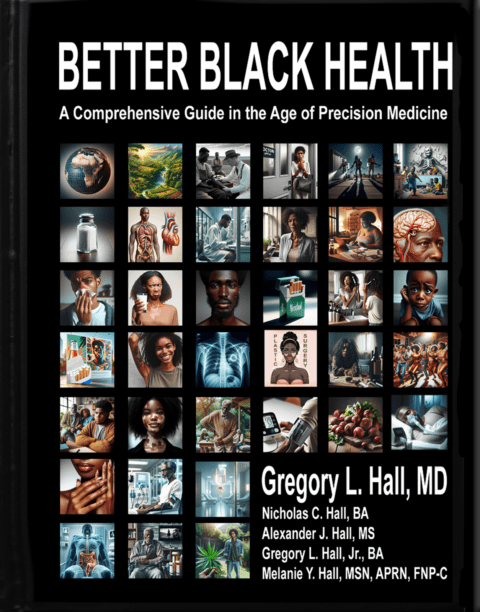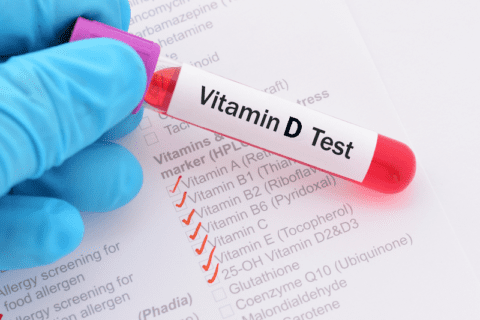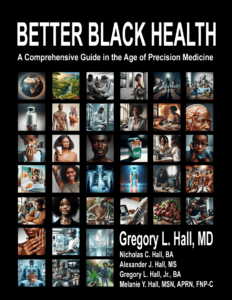VITAMIN C
My Black patients know they should get more vitamin C, but somehow they are not able to eat enough. Vitamin C is essential for overall health as it plays a crucial role in supporting the immune system, aiding in the absorption of iron, and promoting the growth and repair of tissues. It is especially important for African Americans to ensure they are getting enough vitamin C, as studies have shown that we may have a higher risk of vitamin C deficiency due to various factors such as diet, lifestyle, and genetic factors.
The potential consequences of vitamin C deficiency in African Americans can be significant. Without enough vitamin C, we may experience weakened immune function, making us more susceptible to infections and illnesses. This includes STDs and COVID-related viruses.
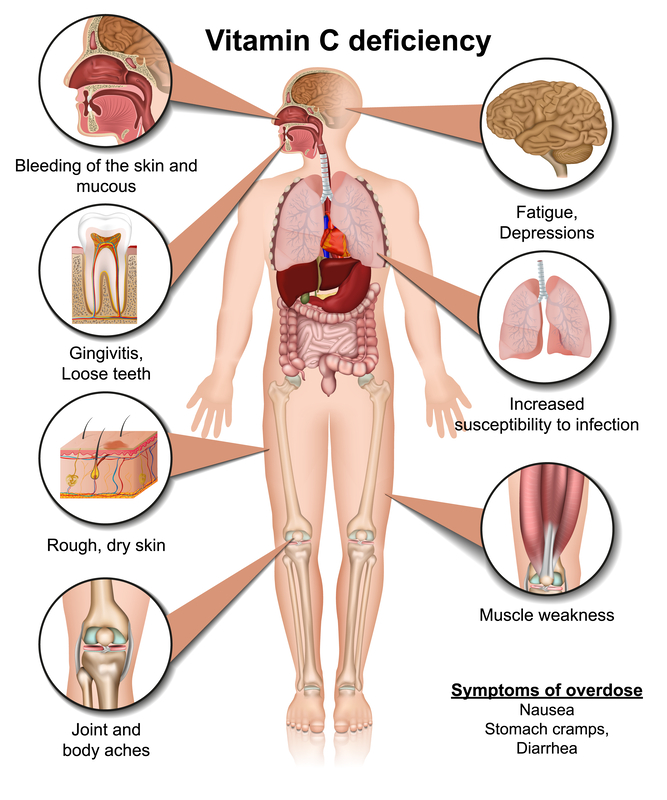
African Americans have the highest rates of most infections including STD’s, HIV, post operative infections, diabetic infections and more.
Additionally, vitamin C deficiency can lead to anemia due to its role in iron absorption, resulting in fatigue, weakness, and reduced ability to perform daily activities. Regular intake of vitamin C-rich foods or supplements is crucial for maintaining your best health.
GENETIC FACTORS
Genetic factors that contribute to Vitamin C deficiency in African Americans include variations in genes involved in the absorption, transport, and utilization of vitamin C. For example, some individuals may have mutations in the gene responsible for producing a protein called GLUT1, which is involved in transporting Vitamin C into cells. These genetic variations can impair the body’s ability to adequately absorb and utilize Vitamin C, increasing the risk of deficiency.
Research also shows that African Americans buy less fruit due to higher food insecurity which is likely due to lower incomes and limited access to healthy food in some urban areas. Additionally, African Americans are more likely to suffer from chronic diseases, which can also contribute to vitamin C deficiency.
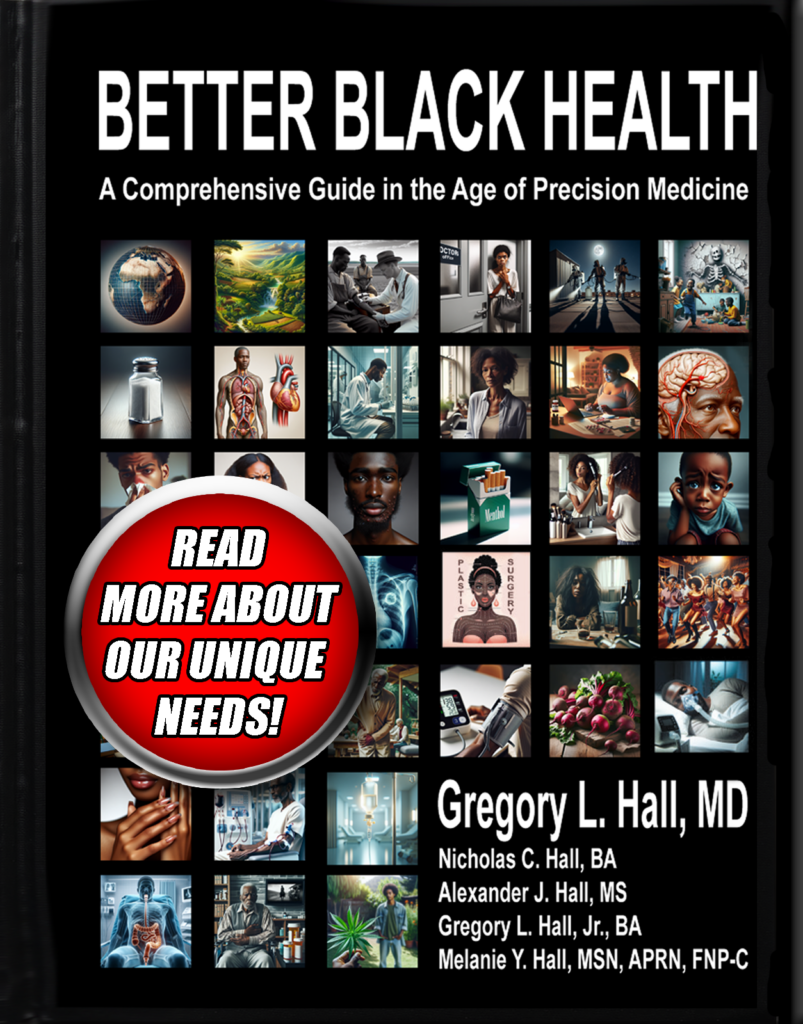

Foods highest in vitamin C include oranges, grapefruits, tangerines, strawberries, kiwi, broccoli, bell peppers, spinach, kale, and brussels sprouts.
HEALING REQUIRES VITAMIN C
If you have a wound or simply don’t think you are healing like you did in the past, vitamin C deficiency may be contributing.
Recent studies indicate that approximately 25% of African American adults have low levels of Vitamin C, compared to about 12% of the general population. That’s twice the risk!! Getting access to vitamin C-rich foods and taking supplements like GNetX Sequence Multivitamins for African Americans when you don’t have fruit regularly is essential for our long-term health . . . particularly as we age.
Ideally, you would eat more fruit and vegetables, but if you can’t . . .
